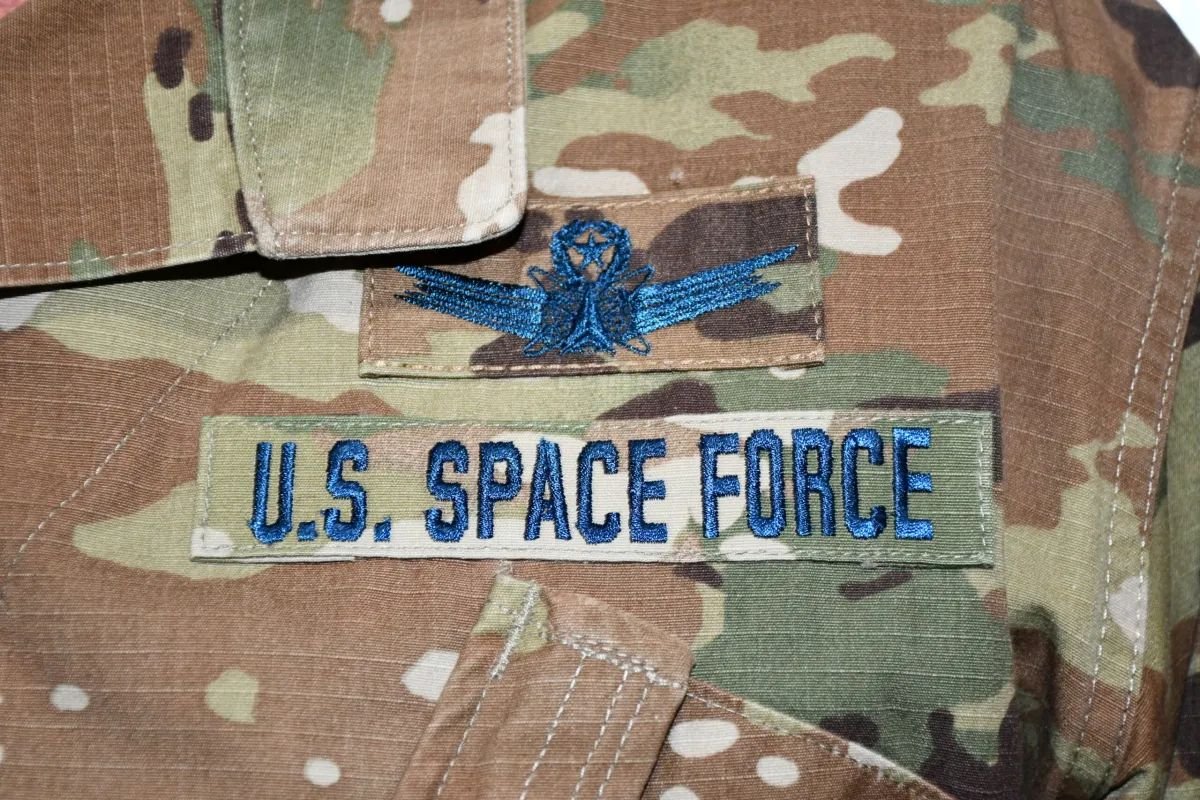
By Gabriel Honrada,
Published by Asia Times, 9 December 2024
US-Japan joint military space unit reflects evolving modern warfare as opposed Cold War 2.0 blocs increasingly reach for the stars
The US Space Force (USSF) has activated a unit in Japan, marking a significant bilateral leap in countering rising threats from China, Russia and North Korea and solidifying the US-Japan alliance as a cornerstone of Indo-Pacific space security.
This month, US Forces Japan (USFJ) announced that the USSF activated its sixth service component, known as the United States Space Forces-Japan (USSPACEFOR-JPN), at Yokota Air Base.
The unit’s establishment follows commitments made at the July 2024 Security Consultative Committee to strengthen bilateral coordination across domains, including cyber, space and electromagnetic warfare. The move aims to enhance space security and long-term sustainability, reflecting the evolving nature of modern warfare and the critical role of space in national defense strategies.
Under US Colonel Ryan Laughton’s command, USSPACEFOR-JPN will support US Forces Japan (USFJ) by planning, integrating and executing space security efforts in coordination with Japanese counterparts.
US Lieutenant General Stephen Jost highlighted Japan’s significant advancements in space operations and the necessity of robust space expertise to enhance joint warfighting capabilities. Brigadier General Anthony Mastalir emphasized that the new unit would bolster interoperability and resilience to ensure a free and open Indo-Pacific.
North Korea, China and Russia are increasingly in a partnership of convenience on space cooperation, driven by their shared antagonism toward the Western-dominated international order and pragmatic self-interest.
In a February 2024 article for 38 North, Sangsoo Lee mentions that North Korea’s space activities have recently intensified, as seen in the successful launch of its first spy satellite in November 2023 following two previous failed attempts.
Lee says the satellite reportedly captured reconnaissance images of key US military sites, though independent verification is lacking. He suggests that Russia may have aided North Korea’s advancements in space technology following a September 2023 summit between Supreme Leader Kim Jong Un and President Vladimir Putin.
Kevin Pollpeter and other writers mention in a May 2023 China Aerospace Studies Institute (CASI) report that China and Russia have deepened their strategic space cooperation, reflecting broader geopolitical shifts and shared opposition to US dominance.
Pollpeter and others note this partnership includes collaboration on lunar and Mars exploration, missile defense, satellite navigation and technology transfers. China’s financial and technological ascendancy increasingly positions it as the leader in this relationship, with Russia providing critical capabilities in a secondary role.
They note that key China-Russian space initiatives include joint lunar bases, missile warning systems and integrated satellite systems, which aim to counter US influence while advancing their national security and technological goals.
Sheila Smith mentions in a July 2024 Council on Foreign Relations (CFR) article that Japan views the growing alliance between China, Russia and North Korea as a significant threat to regional stability.
Smith says Japan is particularly concerned about Russia’s defense partnership with North Korea, which includes the provision of sophisticated weapons and technological aid to bolster North Korea’s missile and nuclear programs.
She notes this alliance complicates Japan’s security strategy, especially with the potential for North Korea to develop intercontinental ballistic missiles (ICBM) capable of reaching the US.
Smith also mentions that Japan is wary of China’s military activities and cooperation with Russia, which she says could further destabilize the Indo-Pacific region. To address those threats, she says Japan is strengthening its defense ties with the US and South Korea.
However, Kari Bingen mentions in a March 2024 Center for Strategic and International Studies (CSIS) think tank article that Japan faces significant challenges in enhancing its space cooperation with the US, primarily due to its limited experience in military space operations and the need for extensive education and training.
Bingen notes that Japan’s space ecosystem has historically focused on civilian missions, resulting in the lack of development of military space systems. Additionally, she says Japan’s defense institutions and industry must overcome barriers related to data-sharing policies, security clearances and export regulations.
Meanwhile, Saadia Pekkanen mentions in a June 2023 CSIS article that the US-Japan alliance is the only formal military pact extending into space.
Pekkanen notes this partnership emphasizes safeguarding orbital assets critical to defense, technology and global stability. She mentions key concerns, such as anti-satellite weapons, proximity operations and the rising risks of orbital debris from an expanding LEO infrastructure.
Pekkanen says to address those threats, Japan has restructured its legal framework, established a dedicated Space Operations Squadron and strengthened industrial cooperation with the US through initiatives like integrating military sensors with its QZSS satellite system.
See: Original Article




